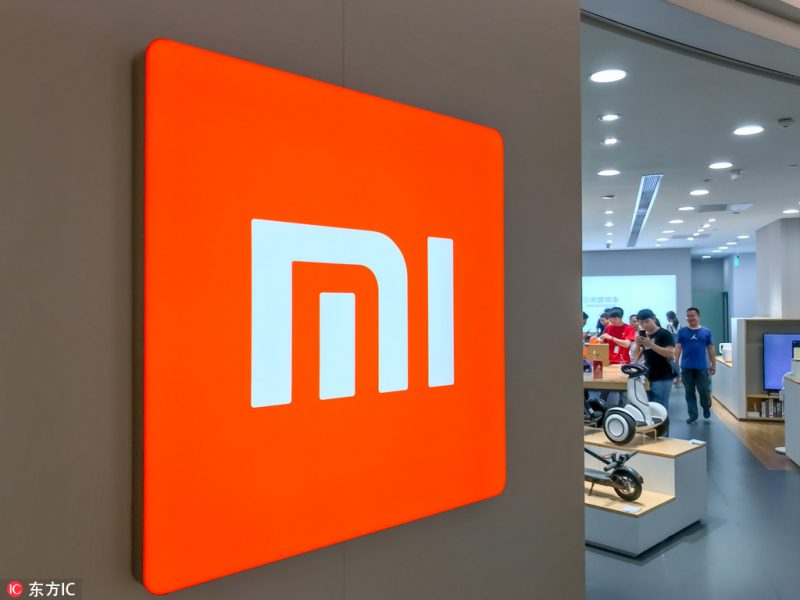Due to severe Covid restrictions on the mainland, China’s Xiaomi Corp, a maker of smartphones, reported a significant decline in second-quarter revenue on Friday.
Sales decreased more dramatically than in the previous quarter, when they experienced their first revenue reduction since going public, falling 20% year over year to 70.2 billion yuan ($10.3 billion).
Analyst expectations were missed as net income dropped 67% to 2.08 billion yuan.
Due to the effects of lockdowns in Shanghai and other cities during the first half of the year, China’s consumption has had a difficult time recovering.
Data released this week indicated China’s GDP unexpectedly contracted in July, suggesting the second-largest economy in the world is still feeling the effects of Covid curbs that stunted development in the first half of the year.

Drop in Smartphone Shipments
According to research firm Canalys, the long-stagnant smartphone market in China has been severely affected by the downturn, with unit shipments declining 10% year over year in the second quarter.
Xiaomi’s smartphone sales, which account for more than half of the business’s overall income, decreased by 29%.
Xiaomi had a spike in sales in 2021 as a result of overtaking rival Huawei Technologies, whose ability to get components was severely restricted by US sanctions. However, the boost was fleeting, and since the beginning of 2022, the company’s stock price has fallen by around 40%, hurt by the slowing Chinese economy and decreasing global growth.
The company has been under scrutiny from the government in India, which is Xiaomi’s largest market outside of China, for allegedly evading tax authorities.
Indian tax authorities confiscated $725 million in assets from the company in April on the grounds that they had been used to transfer money unlawfully abroad while posing as royalty payers. Xiaomi has vehemently denied any wrongdoing.The corporation is looking for new chances as a result of China’s and the world’s weak smartphone markets.
Xiaomi announced earlier this month that it has begun testing autonomous vehicles in a few Chinese locations.












